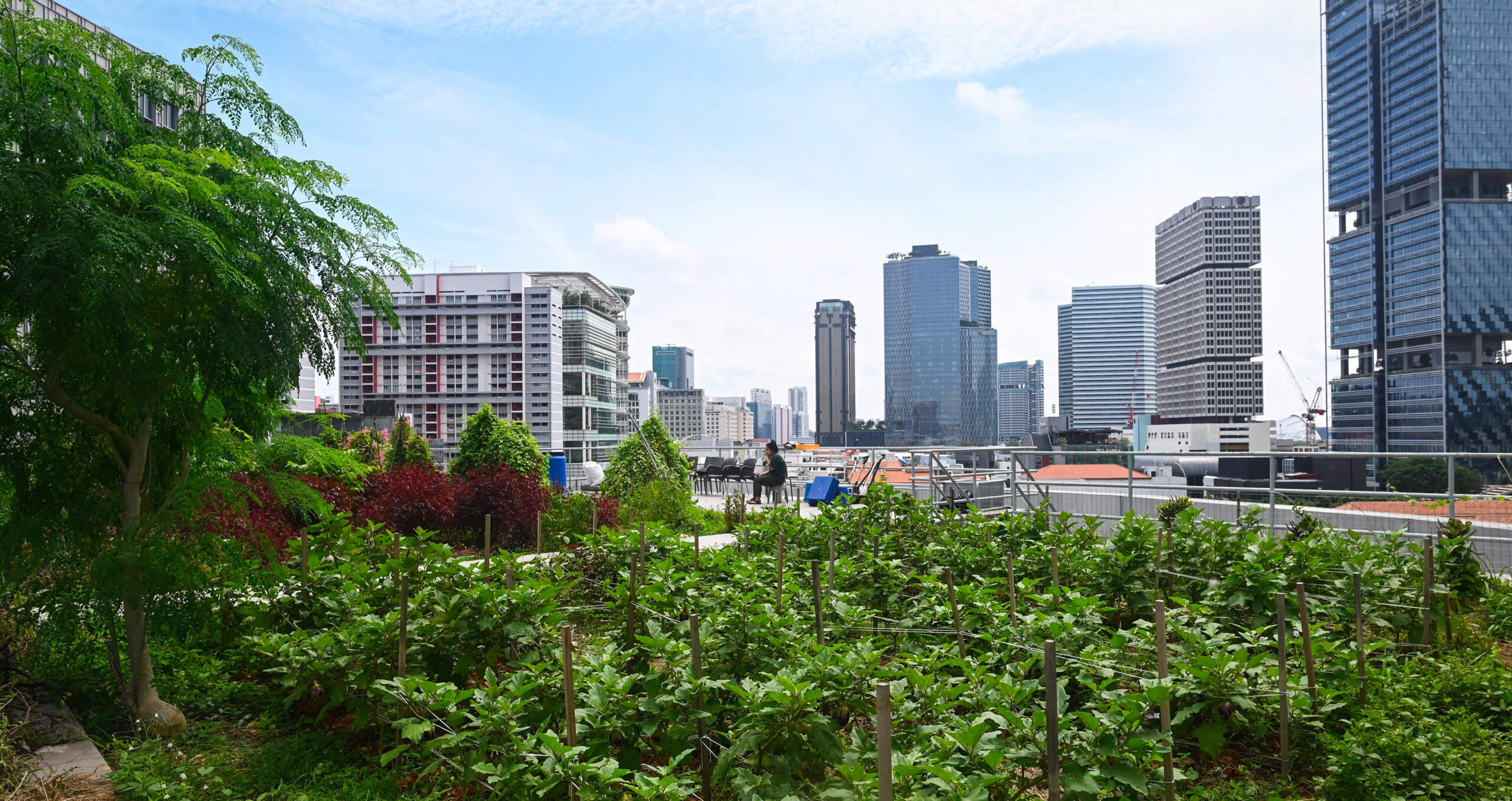
More progress on climate disclosure needed in Asean region

A study by the Global Reporting Initiative and National University of Singapore finds a need for greater consistency in climate reporting across the region.
A six-country study on climate reporting in the Asean region has found that more needs to be done to ensure greater consistency of disclosure.
The research report, by the Global Reporting Initiative and the National University of Singapore, found there was a wide range in the level of disclosure by companies.
The majority, 62 per cent, of the region’s 100 largest listed companies in Indonesia, Malaysia, the Philippines, Singapore, Thailand and Vietnam published climate disclosures during the 2020/21 financial year.
However, the proportion ranged from 5 per cent in Vietnam to 80 per cent in the Philippines. And as 56 per cent of businesses in the region identified climate-related opportunities, less than half had formal plans for climate risk mitigation.
Further, while three-quarters disclosed climate-related performance metrics, 46 per cent did not publish how their targets were devised.
Greater consistency gives confidence
Allinnettes Adigue, head of the Asean regional hub at GRI, said while high levels of reporting were positive, there was a need for greater consistency across the region.
“Given south-east Asia is highly vulnerable to the harshest effects of climate change, more action is needed to ensure countries and companies have effective strategies in place to mitigate the impacts, including carbon reduction plans,” she said.
Lawrence Loh, director of the Centre for Governance and Sustainability at the NUS Business School, added: “Effective climate reporting is a critical component in the global effort to combat climate change. Achieving greater consistency in climate reporting gives confidence to investors and helps businesses embrace sustainability in their operations.”
While GRI reporting standards were used by 85 per cent of the sampled companies, the use of other frameworks was low, with just 19 per cent using the Task Force on Climate-related Financial Disclosures, 16 per cent using the International Integrated Reporting Council framework and 14 per cent using Sustainability Accounting Standards Board standards. However, reporting on the UN’s Sustainable Development Goals was widespread, used by over three-quarters of companies across all six countries.
Regional emissions challenge
In a report by Janus Henderson Investors earlier in July, the UK-based asset manager noted that emerging economies in Asia would need to balance economic growth against renewable energy affordability and availability to meet their net zero targets.
“There is a clear decarbonisation opportunity in Asia as it’s home to countries with some of the largest carbon emission challenges,” said Matt Doody, research analyst at Janus Henderson Investors. “Through the combination of supportive government policy, technological innovation and emerging financing solutions, the region is likely to sit at the forefront of the next industrial (green) revolution.”
According to the Janus Henderson report, the Asia-Pacific region was responsible for 52 per cent of the world’s energy-related carbon emissions in 2020 – in line with its proportion of the global population – but its decarbonisation rate stood at 0.9 per cent, significantly below the international average of 2.5 per cent.
The report also highlighted the five-year sustainability plan announced by Asean governments last year, to target a 23 per cent share of renewable energy for total primary energy supply by 2025 by installing large-scale renewable energy systems, increasing investment and exploring new energy technologies.
“There remains varying economic and energy reliance on fossil fuels across the region, which makes it difficult to set realistic net-zero targets and decarbonisation strategies,” added Janus Henderson portfolio manager Ales Koutny. “This is underpinned by the fact that emerging markets across Asia cannot be considered as economic equals, with some nations struggling to access or even set up effective green finance solutions.”
Similar Articles

Governments should ‘tax billionaires’ to fund climate adaptation, says former Irish president

Beware the ‘financialisation of the forest sector’


